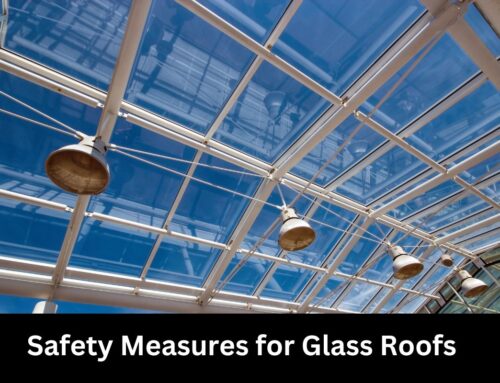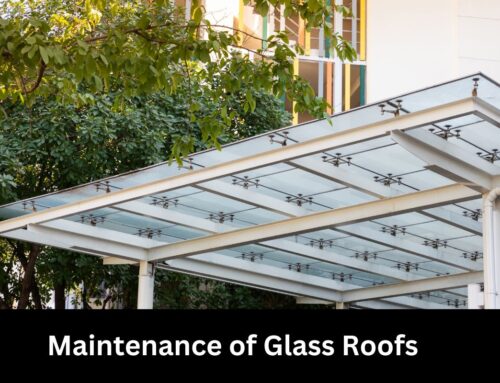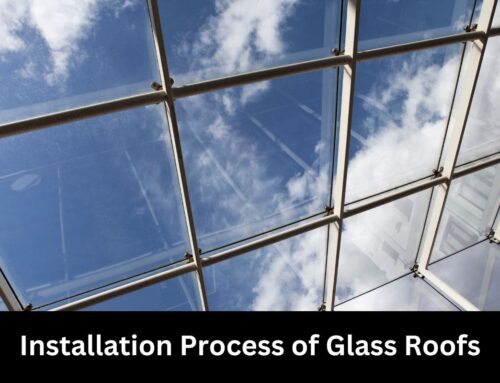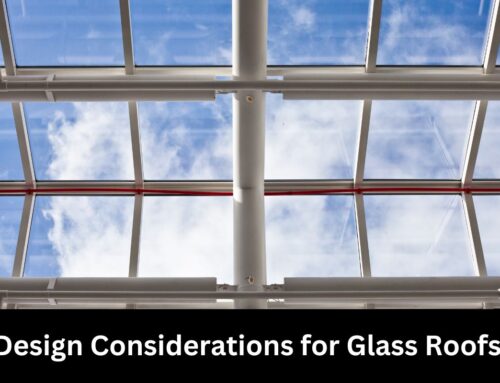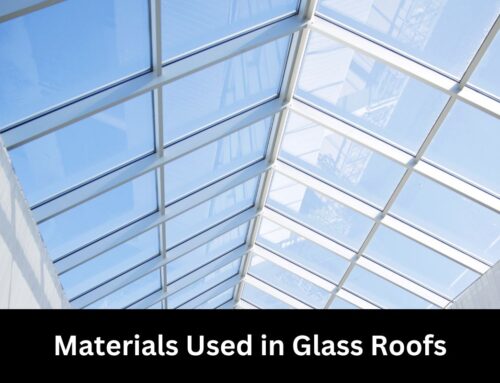Table of Contents
As architecture evolves and prioritises the integration of form with function, one trend that has seen a significant rise is the use of glass roofs. A well-executed glass roof can transform a space, bringing in ample natural light and creating a sense of openness and connection to the outdoors. However, beyond the aesthetic appeal, it’s crucial to examine the potential impact of a glass roof on a building’s energy efficiency.
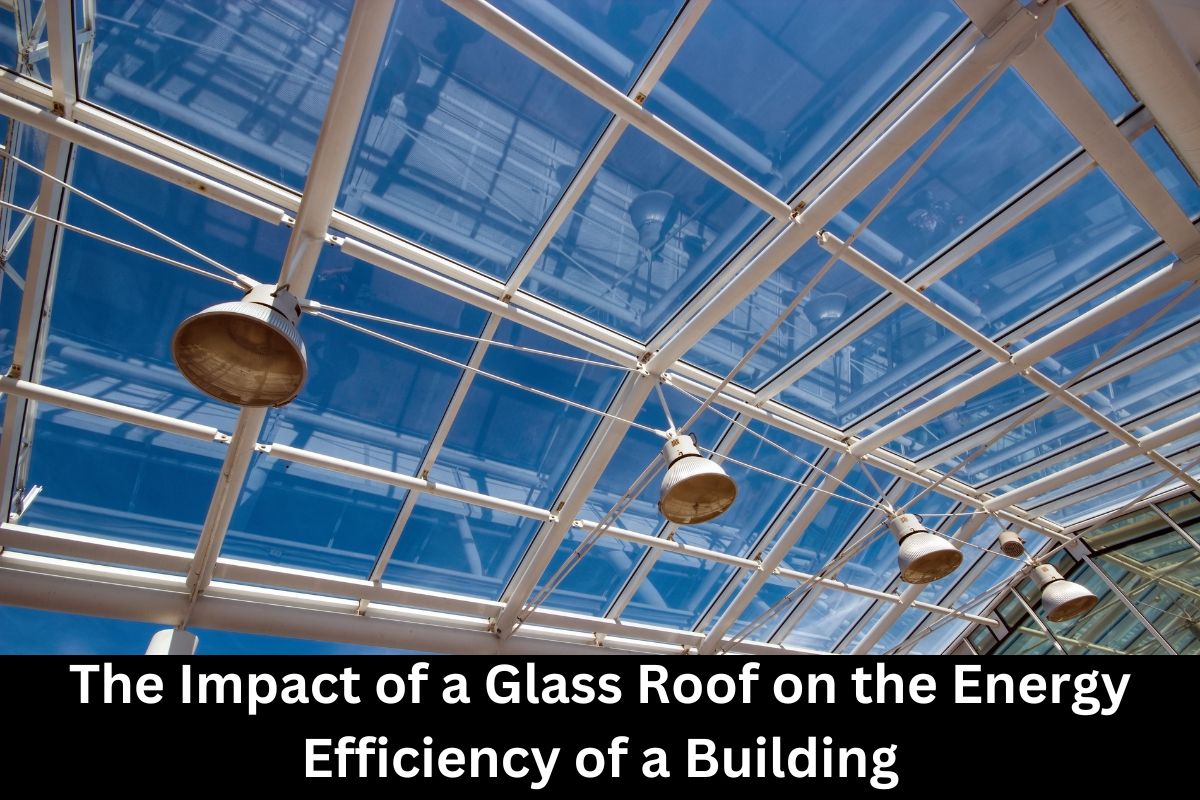
The Influence of Glass Roofs on Daylighting
One of the most apparent benefits of a glass roof is the increase in natural daylight that it brings to the interior of a building. This daylighting can significantly reduce the reliance on artificial lighting during daytime hours, leading to substantial energy savings.
The Psychological and Productivity Benefits
In addition to energy conservation, the influx of natural light can have several psychological benefits, including improving mood and productivity, enhancing sleep patterns, and promoting a more positive overall environment. These benefits can make a substantial difference in both residential and commercial settings.
Energy Efficiency and Temperature Regulation
The energy efficiency of a glass roof heavily depends on the type of glass used. With the right choice, such as energy-efficient or Low-E glass, a glass roof can contribute to the overall energy efficiency of a building by assisting with temperature regulation.
Reduction in Solar Heat Gain
In warm weather, Low-E glass can reflect the sun’s heat, reducing solar heat gain. This decrease means the building’s cooling system won’t have to work as hard, leading to energy savings.
Preventing Heat Loss in Cooler Months
During cooler months, the special coating on Low-E glass reflects heat back into the building, preventing heat loss. This conservation of heat can significantly reduce the need for artificial heating, resulting in additional energy savings.
The Potential for Solar Energy Generation
With advancements in technology, solar glass has emerged as a viable option for glass roofs. This type of glass can generate electricity while still functioning as a conventional glass roof, allowing natural light to filter through. By turning the roof into a source of renewable energy, solar glass can further enhance a building’s overall energy efficiency.
Considering the Full Picture: The Importance of Proper Installation
While the type of glass used plays a significant role in a glass roof’s energy efficiency, the impact of proper installation can’t be underestimated. Proper sealing and installation are crucial to prevent unwanted air infiltration or leakage, which can lead to significant energy loss.
Bringing Style to the Skyline with Majestic Glass Roof Services
Majestic Glass, Sydney’s leading glass roof manufacturers, enhances properties with superior craftsmanship and top-quality materials. We offer a range of glass types to align with your specific needs and budget. Benefit from our wealth of experience as we provide insights on design and installation, resulting in a glass roof that’s structurally sound, weather-resistant, and adds aesthetic charm to your property. We offer more than a service; we promise a hassle-free installation and peace of mind.
Frequently Asked Questions on The Impact of a Glass Roof on the Energy Efficiency of a Building
1. Does a glass roof improve a building’s energy efficiency?
A glass roof can improve a building’s energy efficiency by increasing natural light, reducing the need for artificial lighting, and assisting with temperature regulation. The extent of these benefits depends on the type of glass used and the quality of the installation.
2. What is Low-E glass?
Low-E, or low emissivity glass, is a type of energy-efficient glass that has a special coating to minimise the amount of UV and infrared light that passes through without limiting visible light. This feature helps to keep indoor spaces comfortable while reducing energy costs.
3. Can a glass roof generate electricity?
Yes, a glass roof can generate electricity if it’s made from solar glass. This technology allows the glass to produce electricity while still functioning as a standard roof, providing natural light to the interior.
Conclusion
In conclusion, a glass roof can significantly impact a building’s energy efficiency. It can contribute to energy conservation by enhancing daylighting, managing temperature, and even generating solar energy. However, the ultimate energy efficiency of a glass roof is a combination of the right materials and proper installation, proving once again that in sustainable design, every detail matters.
Related Articles

